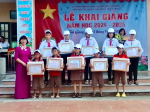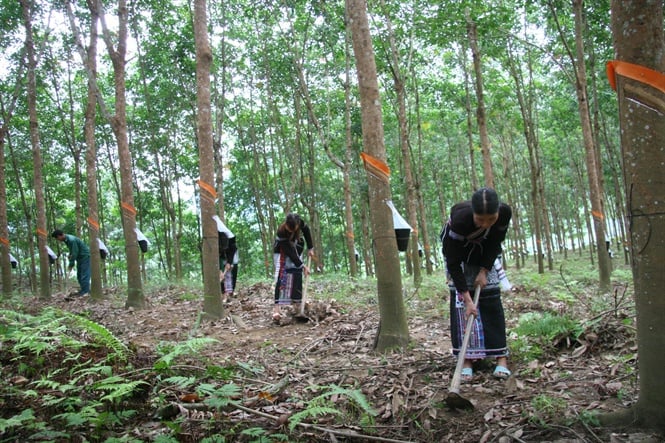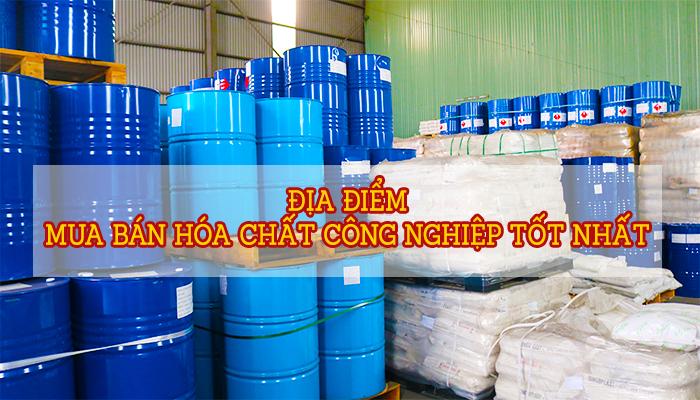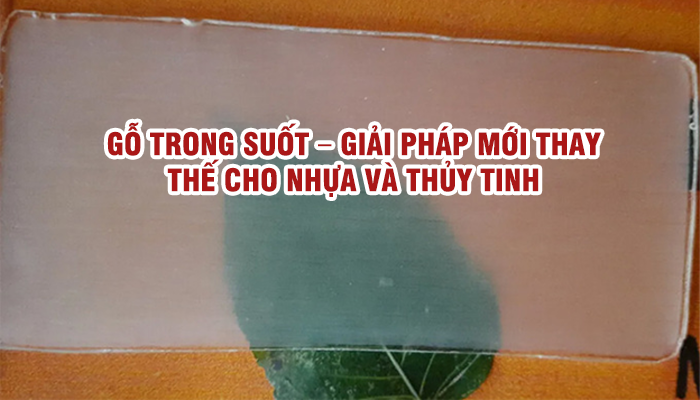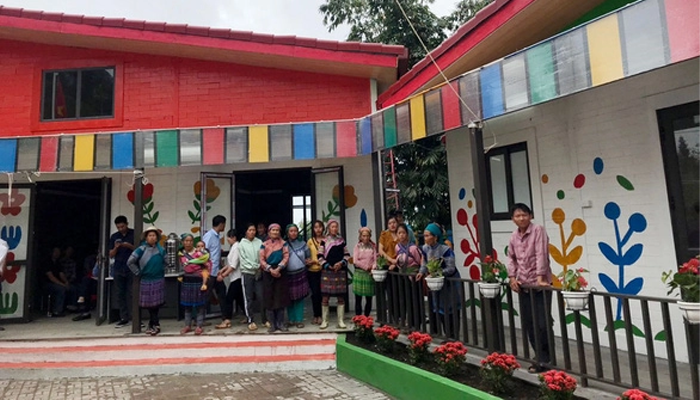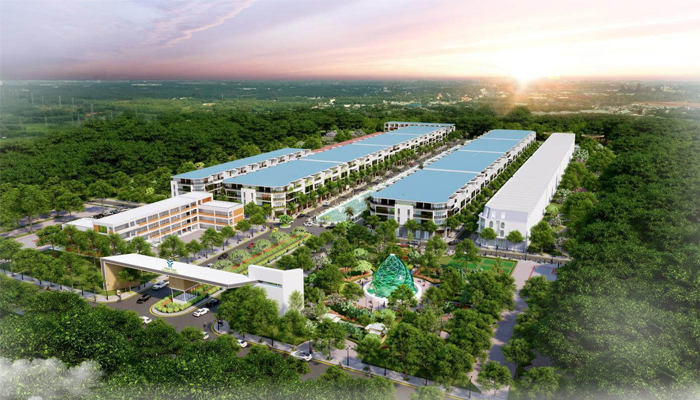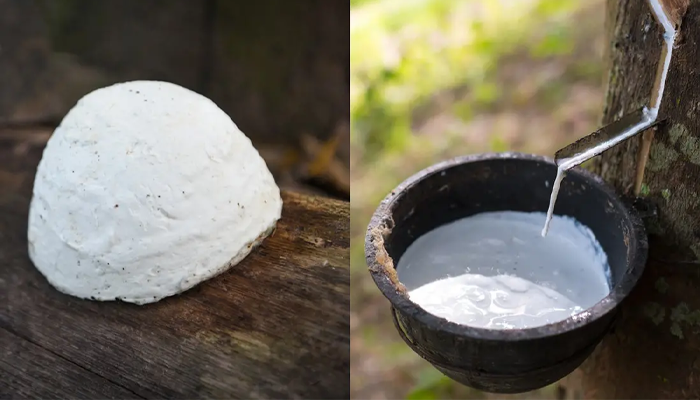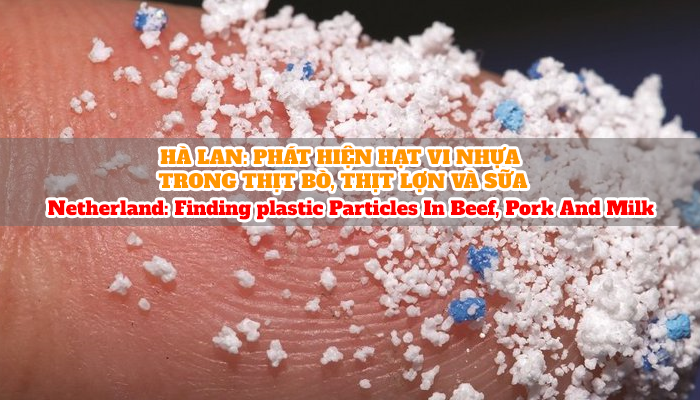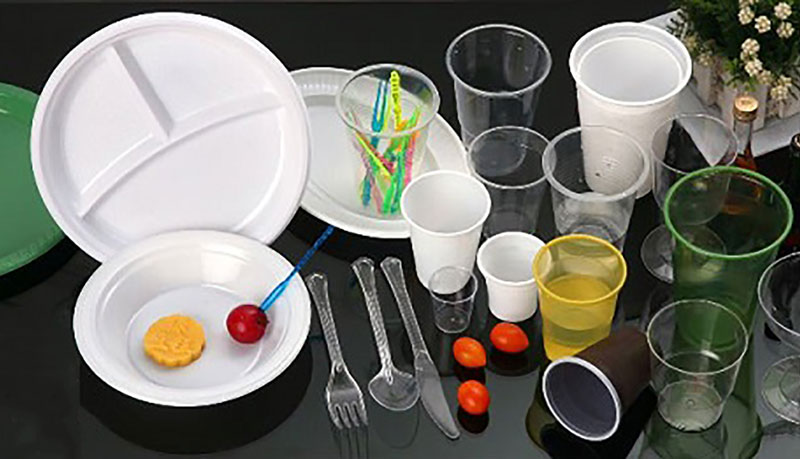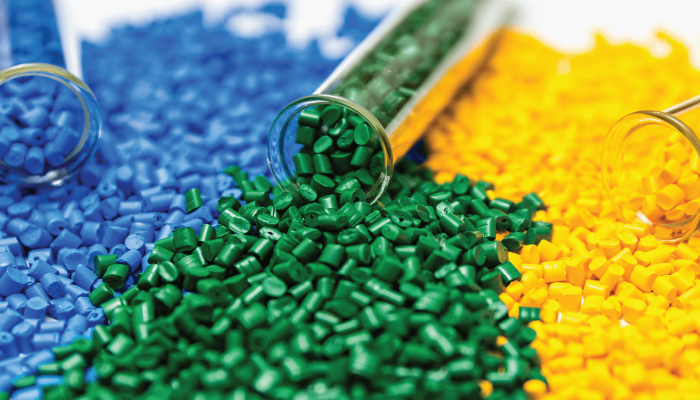BIOPLASTICS MADE FROM VANILLA BEANS CAN SELF-DESTRUCT UNDER UV RAYS
Scientists have created a new form of bioplastic, which relies on vanilla bean extract to remain stable over its lifetime and self-destruct on command in response to a specific wavelength of light.
Plastics are well known for their ability to last in the environment for many years, and while biomass-based alternatives can solve this problem well, they don't always deliver the same performance over time. Scientists have created a new form of bioplastic, which relies on vanilla bean extract to remain stable over its lifetime and self-destruct on command in response to a specific wavelength of light.
The organic compound at the heart of this breakthrough is vanillin - the main chemical component of vanilla bean extract. Although it's a common flavoring agent, it's also used in herbicides, cosmetics, and cleaning products, and the study's authors found it also plays a role in eco-friendly plastics.
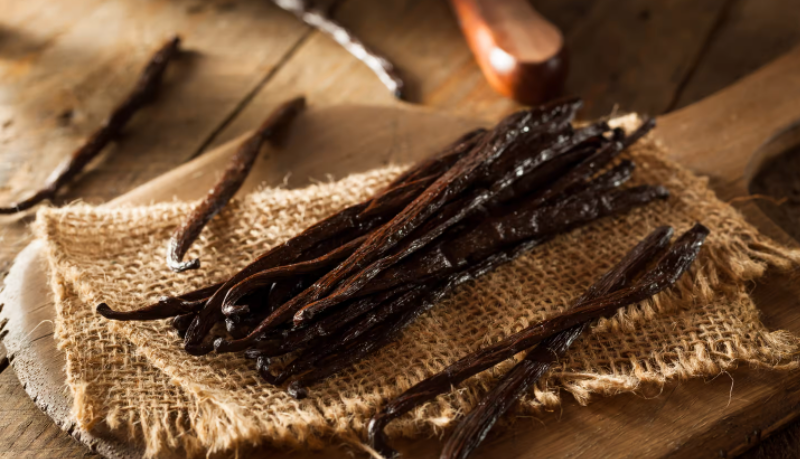
Photo: Illustrated
Vanilla bean extract could be the key to an eco-friendly form of plastic.
The team used vanillin as the basis for new cross-linked polymers that make up bioplastics, with the vanillin derivative they developed that can absorb light at 300 nm.
It is important that this specific wavelength of UV light is not in the spectrum of normal sunlight, which eliminates the risk of unintentional degradation. When subjected to this type of light, the vanillin derivative will switch to an excited state and a chemical reaction occurs that degrades the polymer.
In addition to the required decomposition, the bioplastic can also be reduced to its building block, with scientists being able to recover 60% of the monomer which is then used to rebuild the polymer without loss of quality. This means that vanillin-based bioplastics cannot only be degraded in the presence of light to remove waste but can also be transformed into equally high-performance plastic products.
This is not the first time vanillin has been implicated in plastic research, with a study last year demonstrating how plastic bottles can be converted into compounds with the help of engineered bacteria.
>>>Click HERE to update our latest news<<<
Contact
MEGA VIETNAM
Office address: Floor 2-A2-IA20, Nam Thang Long Urban Area, Pham Van Dong Street,
Dong Ngac Ward, Bac Tu Liem District, Hanoi City, Vietnam
Email: contact@megavietnam.vn
Tel: (+84) 24 375 89089; Fax: (+84) 24 375 89 098
Website: megavietnamgroup.com
Hotline: 1800.577.728; Zalo: 0971.023.523




